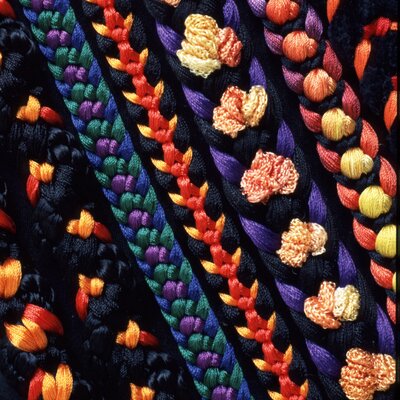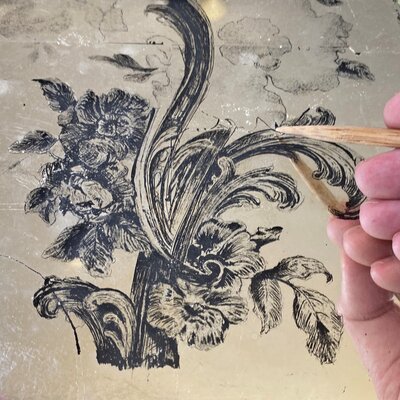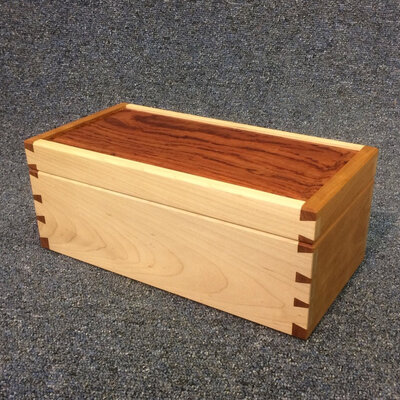The first aim of this course is to familiarise yourself with the special properties of translucent paper and the fibres used to make it. Kozo and abaca are the two main fibres we will use. Kozo is the inner bark of the paper mulberry, used to make Japanese washi paper. Abaca is a type of banana plant from the Philippines, which can be used very thinly while maintaining its strength.
You will learn about these fibres on the first evening. Thanks to the new extended four-day format, we can hand-process the kozo in the traditional way, allowing students to further customise the appearance of their sheets. This may interest bookbinding and conservation students who use kozo tissue in their work. You will also learn about the special additives used to make very thin sheets.
Having learned or refined the skills needed to process fibres and form sheets, you can then experiment with demonstrations and guidance from the tutor. You will make two- and three-dimensional forms, using structural frameworks made from other materials (wood, bamboo, metal). Due to the extended timescale there will be more time to explore interactions between form, paper and light. You will create decorative elements within the paper (plants, textiles etc ). Various processes will be used to affect the final appearance of the papers, including watermarking.
You will work with both wet and dry papers, exploring their special shrinking properties where appropriate, and learn to use suitable adhesives to create the more sculptural pieces. You will be encouraged to consider the interplay between form, paper and light, both natural and artificial. By the end of the course, you should feel confident working with challenging kozo and abaca fibres, using your sheets to experiment with, and go home with a selection of pieces that reflect your personal style.
Included
On this course, the tutor will supply most of the materials, including: papermaking fibres, adhesives, decorative elements and materials for armatures.
What students need to bring
- An apron and non-slip waterproof shoes
- Any flat decorative items you might want to incorporate in your papers (though the tutor will provide a good selection)
- A large plastic storage box to take home three-dimensional pieces (useful, but not essential)
Additional information
Please wear appropriate clothing/aprons for the workshop or studio. This includes stout covered footwear, i.e. no open-toes or sandals, and safety boots, if specified.
Arrival day - first date of course
Residential students can arrive from 4pm, non-residential students to arrive by 6.45pm for registration
Student welcome, followed by dinner: 6.45pm (dinner included)
Teaching session: 8pm-9pm (attendance is essential)
Daily timetable
Course teaching: 9.15am-5pm
Morning session: 9.15am-12.45pm including coffee/tea break
Lunch break: 12.45pm-2pm (lunch included)
Afternoon session: 2pm-5pm including coffee/tea break
Teaching finishes: 5pm
Evening working: students may have access to workshops until 9pm, but only with permission from the tutor and provided any health and safety guidelines are observed.
Departure day - last date of course
Course teaching: 9.15am-3pm (lunch included)
Teaching finishes: 3pm
Residential students will need to check out of rooms by 10am.
Please note, the tutor may make slight variations to the daily timetable as required.





